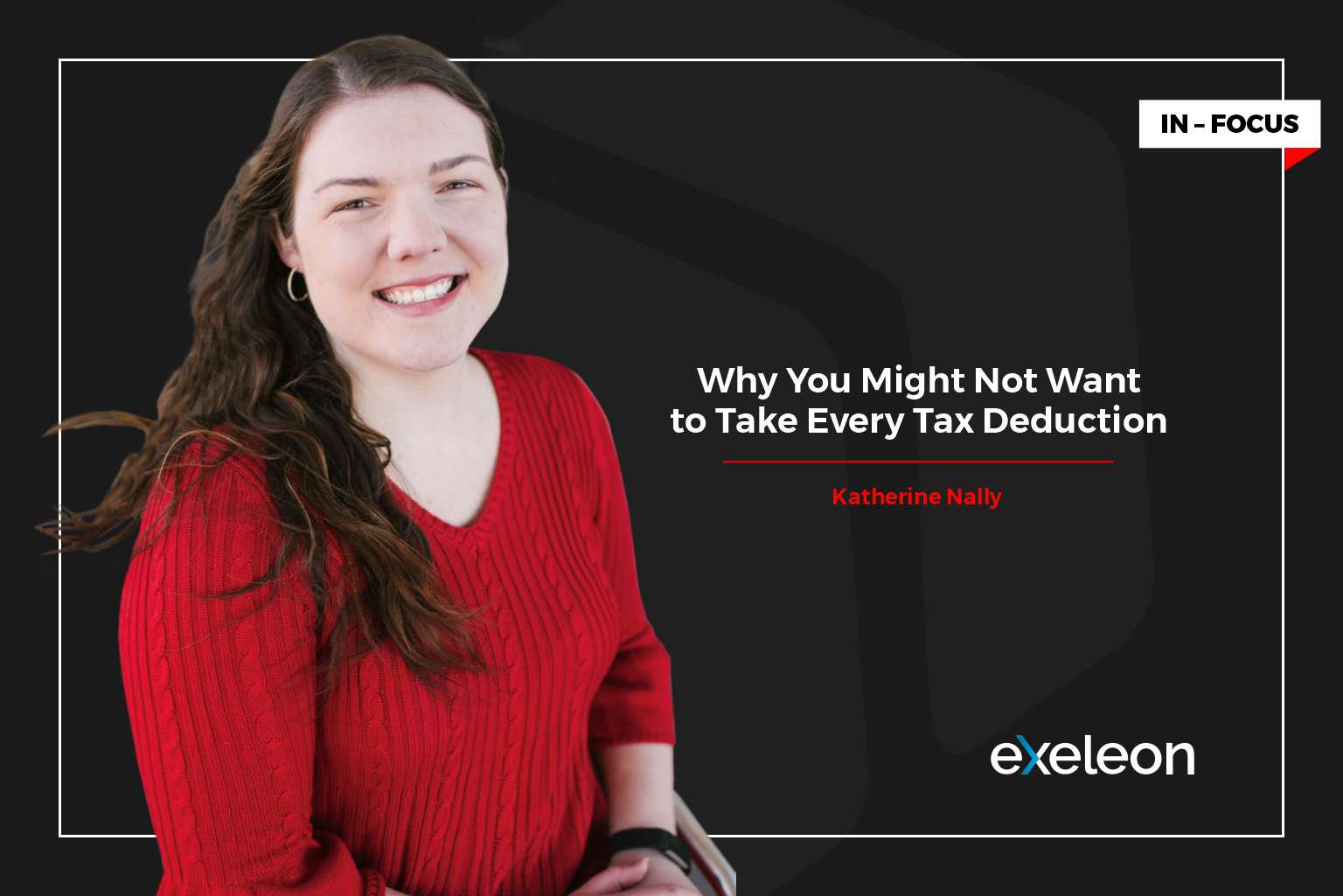
As a self-employed individual, you’re probably always on the lookout for extra tax deductions you could take to lower your annual tax bill. Most people are, and for good reason! A Gallup poll in 2023 found that 60% of Americans think their federal income tax bill is too high.
However, taking every deduction available to you isn’t always the right call, depending on your financial situation and goals. When you apply for a mortgage, for example, the bank will often consider your tax return to be the ultimate record of your income in a certain year. If your tax return shows the lowest possible net income you could legally manage, that will likely hurt your chances of getting a loan. To make matters worse, for self-employed individuals banks will want to see two years of tax returns, and they’ll add up your income over those two years and divide by 24 to get your average monthly income, which they’ll use as a basis for determining whether or not to give you the loan.
Unfortunately, if you’ve been aggressively taking deductions for at least the last two years, you might need to reduce the number of deductions you take for the next two years in order for your tax return to show a higher income number before you qualify for the mortgage or other loan you were hoping to take out. If this is a concern for you and you haven’t yet filed your 2023 tax return, you still have time to make changes before the April 15th deadline.
What Can You Do About It?
If you are self-employed and plan on applying for a mortgage in the next two years, it’s a good idea to look at the income shown on your tax return and consider whether you believe it will be sufficient to qualify for the mortgage you’re hoping to take out. If it’s not, the good news is that you have options.
While the IRS requires taxpayers to claim all income “from whatever source derived”, there is no matching requirement that they take all deductions they are legally entitled to. If taxpayers leave out a few deductions, either accidentally or purposefully, the result is more income taxes paid to the IRS. They won’t complain about that.
Where Should You Cut?
If you decide that you want to start reducing the expenses you’re claiming on your tax return, where should you start?
Vehicle Expenses
I know business owners tend to claim the entire cost of a vehicle as a business expense, even when they also use the car personally. If this is you, I would consider decreasing the vehicle expenses you claim, and instead of deducting the whole cost, use the mileage rate of $0.655/mile in 2023 or $0.67/mile in tax year 2024. If you haven’t been already, this is a great time to start keeping detailed records of your business use of the vehicle and mileage.
Meals and Entertainment
Another good place to look if you want to decrease the number of expenses you claim on your taxes is your meals and entertainment line item, especially if it has been high in previous years. There can be some gray areas around this I know, especially when family members are also employed in the business. A family dinner where business is lightly discussed for the first five minutes might be considered a deductible business expense, but it is also a great place to consider not claiming the deduction.
Home Office Deduction
The home office deduction is another expense I’d consider leaving off of your tax return. You’re allowed to deduct $5 per square foot for your home office, but only if the space is regularly and, most importantly, exclusively used for your business. This means that if you also use your home office as a space for hobbies or family time, you cannot claim it on your tax return as a business expense.
Furthermore, in order to claim this deduction, your home office needs to be the principal location of your business. This means that you can’t have another location where you perform substantial administrative or managerial tasks for your business.
Will It Work?
If you’re interested in using this strategy to obtain a mortgage or other loan, the higher net income shown for your business will likely increase your odds of qualifying for the mortgage you want, though your total business income isn’t the only thing banks take into account. They also consider your credit score along with other factors determined by the specific institution. If you’re concerned about your qualifications, it might make sense to talk with a loan officer at your bank to ask how you can be a better applicant and increase your chances of getting the loan you want.
Once you know what exactly your potential lender is looking for, you should consult your individual tax preparer about the strategies mentioned above.
This article is for informational purposes only and does not constitute legal, tax, or financial advice. Please consult your own attorney or tax preparer who can provide advice on your specific situation.
About Katherine Nally:
Katherine Nally is a CPA in the state of Alabama, helping accounting students succeed through graduation and beyond. She provides educational content on her YouTube channel, @YourAccountingTutor, as well as individual tutoring and helpful ebooks through her website, youraccountingtutor.podia.com
During the day, she works with Colliers International | Alabama as a Senior Property Accountant, providing full-cycle accounting for 20 different commercial properties.
Katherine has 7 years of experience in the accounting field, working with varied industries including tax, non-profit, construction, and commercial real estate.
The article is part of Exeleon’s 2024 Women History Month Celebration. Read the digital version of this issue – Innovative Women Leaders to Follow.









